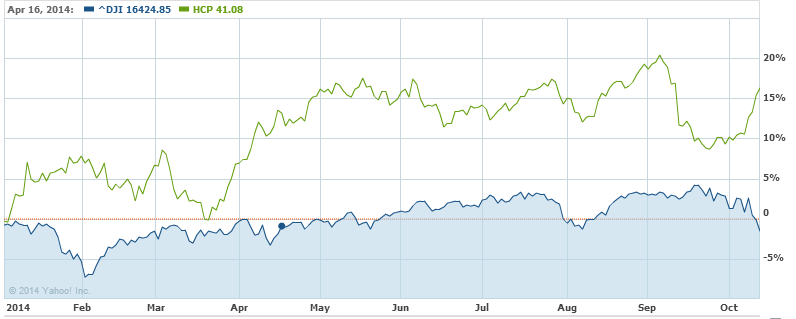I read an article this morning by Barry Ritzholtz at Bloomberg that started off with this humdinger of a statement. “Here we are, 10-plus months into the year, and we have nothing to show for it.” Then quickly caveated with an “At least, that is the case if we measure our progress by the gains (or losses) of the Dow Jones Industrial Average. The index is now unchanged for the year after last week’s losses.”
Factually correct. the DJIA started out this year on Jan 2nd with 16,441, and as of start of business today is 16,321. If all you had done was invest $100 back in January you’d now be holding $99.27… “At least, if you measured our progress by the gains (or losses) of the DJIA”. However, my overall investments for the year are not down, in fact they are up. I am not deploying some elaborate short/hedge position, simply focused on two basic rules that any investor needs to follow:
Rule 1 Work hard
During your working years, and especially your prime from around 25-50, focus on earning more money outside of the market rather than inside it. A promotion at work could yield anything from 4-10% increase in salary, strategically changing to a new job could offer much more than that.
Last week saw the biggest selloff since August 11th. In just one week, it is down 3.95%. What does that mean to you? Well, if you had investments of $500K USD you would have lost $19,750 in paper value. Sounds like a lot, but so is $500K. If you have $500K in investable assets you either should have a well paying job, or those assets should be diversified outside of just the stock market, so you can use the repair ratio method to restore the portfolio to par. You should also consider how ‘cheap’ it is to get the $20K back, you wouldn’t have to put that much in cash back into position, but just the present value of its future need. If you are working hard, you have more disposable income available to invest, making market dips become opportunities.
I’m all about early retirement and lifestyle planning too, but if you want to quit work early, you have to work at it, else you’ll be hawking credit cards or working in Walmart during your Golden Years.
Rule 2 Diversify AND Get Paid
If you have very low assets, and a very high salary then all stocks can work well. But once you start accumulating wealth diversification is key. This allows you to repair market fluctuations with ease. Furthermore, you need to be getting paid on your investments, not just following the whim of the Dow. Focusing on building cash flowing investments, such as dividend stocks is key, and REITs can offer some great returns.
One of few single stocks I own HCP. and even though it seems to have had a rough ride since September, it’s performing very well. If you compare this stock to the DJIA, the difference is stark.

However, more importantly is that this REIT pays dividends at a 5.20% yield, which means even if the stock price is the same, per the DJIA not moving this year, it is still spinning off a 5.20% dividend, as such, when you invest like this, blending in some dividend paying stocks, you are gaining in a stagnant market. What’s more, you can enroll in a Dividend Reinvestment Program (DRIP) and you will buy more of the equity automatically (without a fee) from that dividend payment. This will dollar cost average your investment also. I personally hold this position within one of my Roth IRA accounts, so the growth is tax free.
Conclusion
Don’t lean too heavily on the market, it will go down as well as up. It should be viewed as a place to earn a little extra money on what you have worked for already. If you do it right, there will come a time when you take the training wheels off and your investment account will run without the support of outside income, but trying that too soon will end up burning you. Remember, with diversification, and some tilts towards income producing investments, you can make money in a flat, or even bearish market.
I don’t worry about market movements, my eyes are set on making more money outside of that, I plow in what I can afford, and if that happens to be in the middle of a bear market, then I am just buying more stocks, more cheaply.
Note, I am not recommending that you should buy HCP. It works for me because of my overall portfolio structure, my risk tolerance, and my personal goals. I am recommending that you focus on earning more, and worrying less, about the market.
great post…thanks for a breath of fresh air from the very nasty & crowded credit card pimps out there…